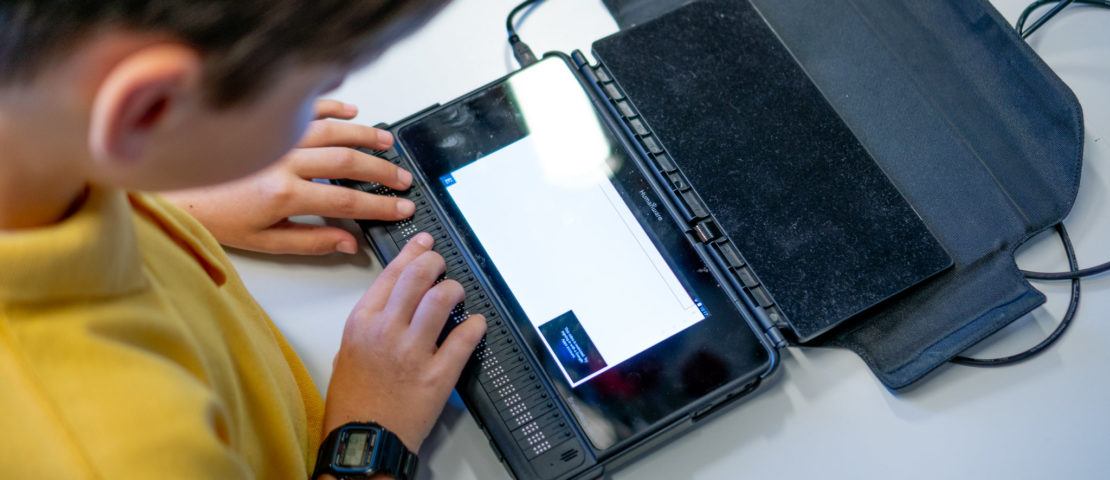August Newsletter 271
Groundbreaking bionic eye system
“Clinical trials of a pair of smartglasses designed to help legally blind people to see and read letters again are currently taking place in two cities in the United States. The “bionic eye” technology is made by a Paris-based biotech firm called Pixium Vision. It consists of a visor-like pair of glasses featuring an embedded camera. Images captured by the camera are beamed to a microchip implanted in the wearer’s retina. This signal is then converted into electrical signals that can be understood by the brain”. https://www.digitaltrends.com/cool-tech/pixium-vision-smart-glasses/
Aberdeenshire libraries to act as NHS hearing and battery collection points
“From Thursday, August 1, anyone who uses an NHS prescribed hearing aid will be able to go to their library, including the three mobile libraries, with their NHS audiology hearing aid leaflet and be given a pack of batteries”.
Canada - Toronto Pearson is the first airport in Canada to offer innovative technology to improve accessibility for travellers with sight loss
“The airport announced it is now offering Aira service, a leading-edge assistive technology, to help travellers with sight loss navigate the airport independently. Using the Aira iPhone or Android mobile phone application, passengers can connect to a specially trained, human agent for navigational assistance as they journey through the airport. Toronto Pearson is the first airport in Canada to offer Aira to its passengers”.
Edinburgh restaurant to introduce audio menu for blind and partially sighted customers
“Edinburgh restaurant, The Huxley, has launched an audio menu for blind and partially sighted customers in partnership with the Royal National Institute of Blind People. The idea for the audio menu was initiated by employee, Kirsty Cameron, who, whilst volunteering with RNIB, learned that dining out can often be an intimidating experience for those with sight loss”.
https://foodanddrink.scotsman.com/food/drink-food/edinburgh-restaurant-audio-menu/
How tablets can teach skills to students with visual impairments
“Marty Schultz has added a twist to hangman, the classic word-guessing game. His tablet-run version of the game has the same goal: pick letters to figure out a mystery word. But to pick a letter, you run your finger over a paper Braille sheet on top of the screen. The tablet reads out each letter, building your association between the raised dots and the alphabet. You tap twice once you’ve settled on a letter, and the tablet tells you how many times the letter appears in the mystery word”.
